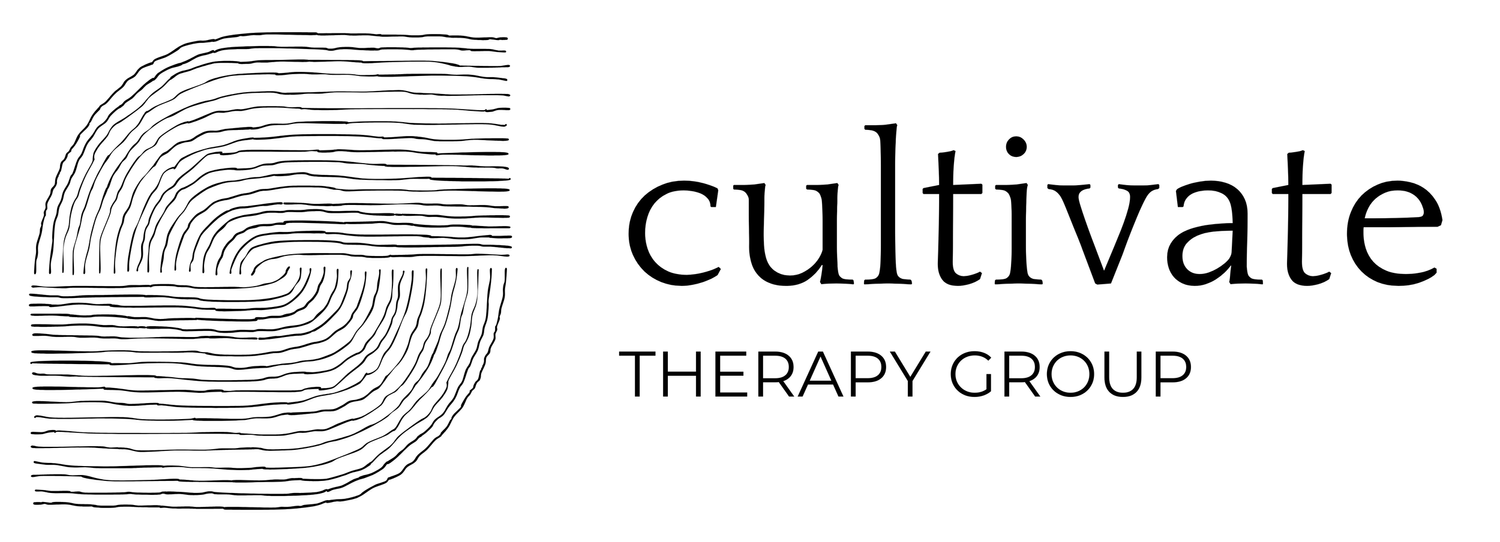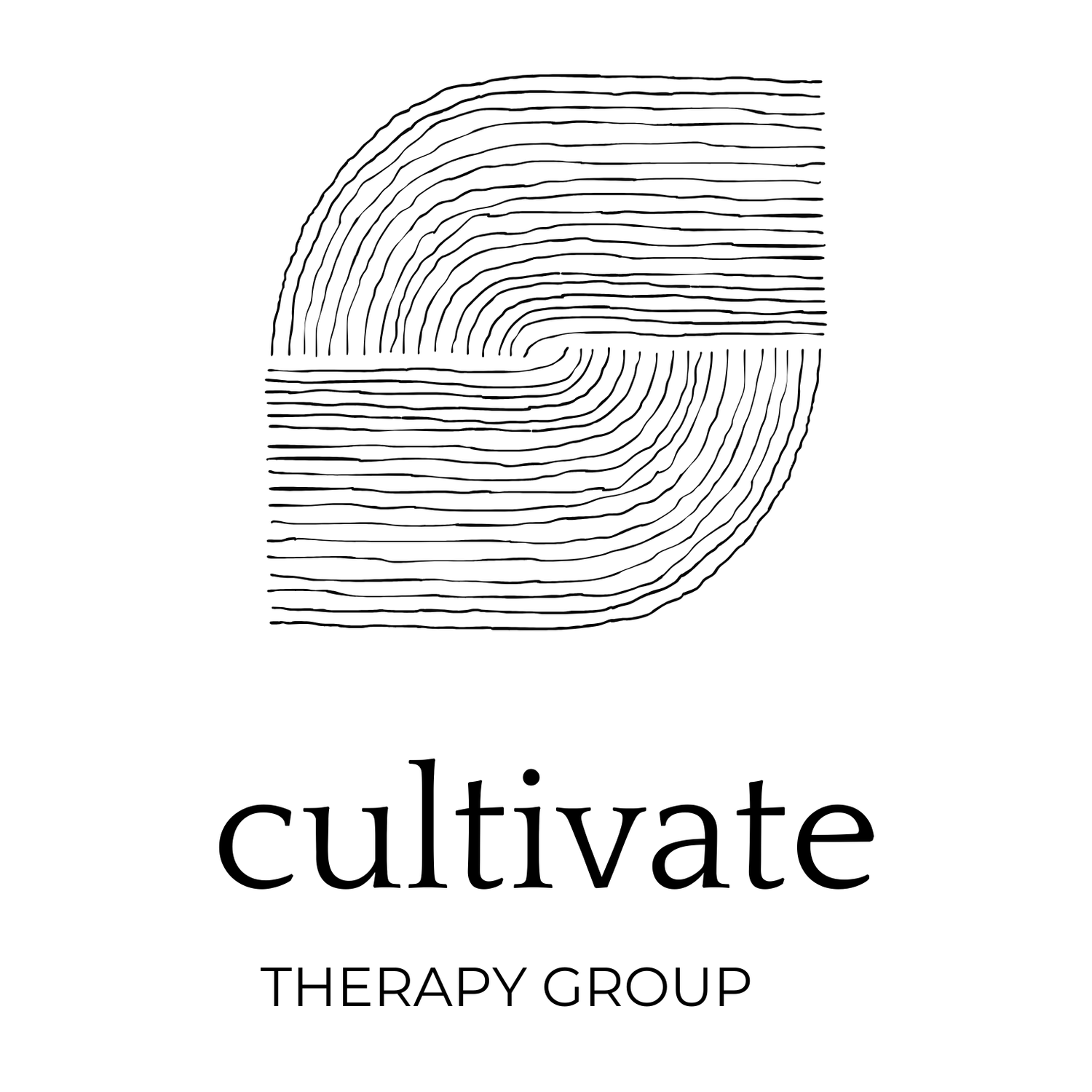Brain Power
Our thoughts, feelings, and behaviors are intricately related, so changing one aspect can often create a chain reaction in the others. In particular, the way we think has a profound impact on the way we feel and behave. For example, if I wake up on a Monday morning and stub my toe on my dresser then spill coffee all over myself in the car, I may say to myself “Nothing ever goes my way! Today is going to be a horrible day!” That declaration can become a self-fulfilling prophecy and I may start unconsciously hunting for other bad parts of my day that confirm my belief. As I rehearse this thought that “today is a horrible day”, I’ll probably start feeling irritable and it may affect the way I behave towards my coworkers. Perhaps I retreat and isolate, get quiet, or respond shortly to my husband. As I act out my bad day thoughts and feelings, others may respond to my negative behaviors, thus confirming my thought that today is horrible to begin with. Whew! You can see how this can spiral… Image if I had been able to hold a more positive, hopeful, or realist thought about my day like, “Well that was certainly not how I wanted to start the day, let’s hope I can turn this around!”
The same cycle can be especially true on a deeper level - the way we think about ourselves. Our core beliefs (either negative or positive) can become a magnet, attracting evidence that fits with the belief and rejecting the evidence that doesn’t quite connect. For example, if a young woman internalizes the message that she is stupid, she may often feel inadequate, unimportant, lack confidence, and become anxious or depressed. Living out those feelings and thoughts may result in her not engaging in the classroom, fearful to assert her opinion or ideas in the workplace, or anxious in group dynamics. She may be passed up for promotions or receive poor grades in the classroom because of lack of participation. The core belief magnet attaches on to these negative experiences, saying “See! I told you so!”, but ignores times she gets praised for her creativity, gets good grades, or complimented on her work ethic.
Healing comes through confronting these distorted thought patterns, whether shallow or deeply personal, and replacing them with the truth. How might your thinking be impacting the way you feel and act? Could this be creating a self-fulfilling prophecy loop? What negative or critical thoughts have you given squatting rights to in your brain?
If you're feeling stuck in negative thinking, contact me today to see how you can make some positive changes in your life.

